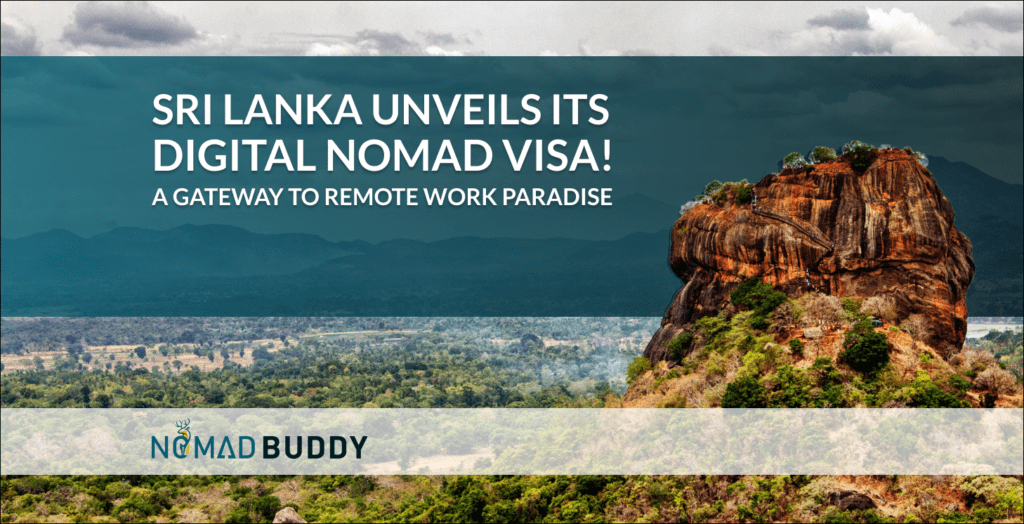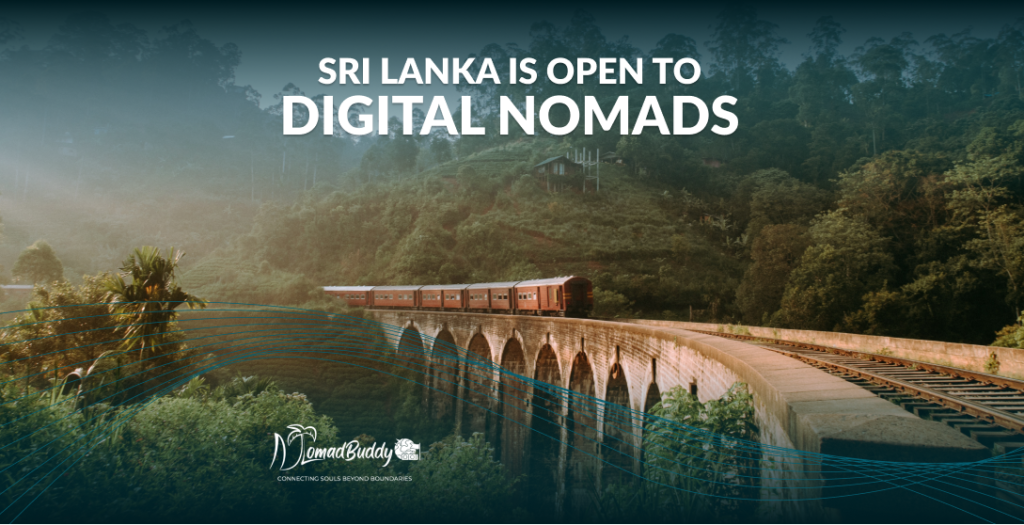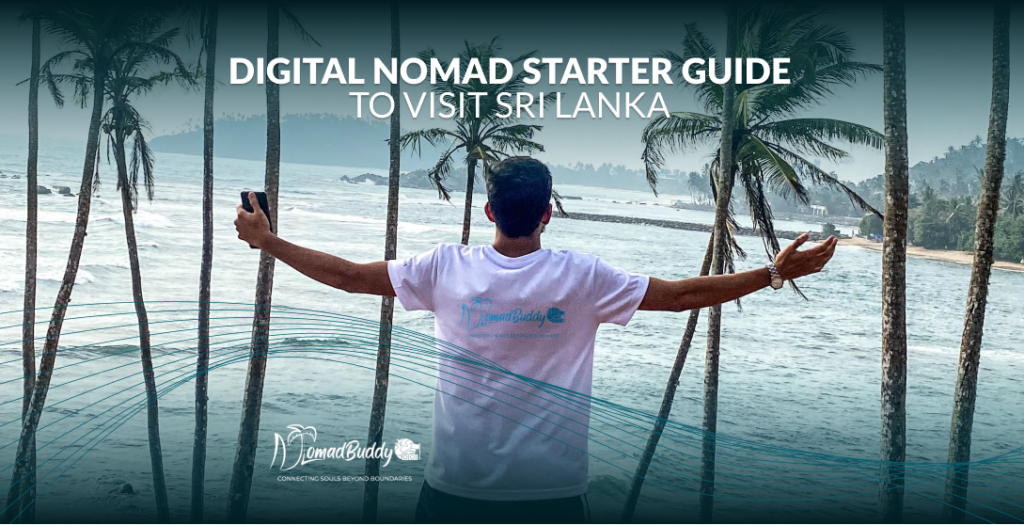In a groundbreaking move aimed at revitalizing its tourism sector and tapping into the growing trend of remote work, Sri Lanka has announced a series of visa programs, including the highly-anticipated “Digital Nomad Visa” (DNV). As the world adjusts to new work dynamics and the ability to work virtually anywhere with an internet connection, Sri Lanka is taking a proactive step to attract a wave of remote workers, freelancers, and digital nomads.
Why Digital Nomads Love Sri Lanka?
Digital nomads are increasingly drawn to Sri Lanka for its unique blend of stunning natural landscapes, rich cultural heritage, and welcoming atmosphere. The country’s diverse geography, from pristine beaches to lush tea plantations and ancient temples, offers a wide range of experiences for adventurous remote workers.
Sri Lanka’s affordability, coupled with its emerging digital infrastructure, makes it an attractive destination for those seeking a cost-effective yet high-quality lifestyle. The warmth of the local people, delectable cuisine, and vibrant festivals add to the charm, fostering a sense of belonging among digital nomads. Moreover, the newly introduced Digital Nomad Visa ensures a hassle-free stay, allowing them to work seamlessly while savoring all that this beautiful island nation has to offer.
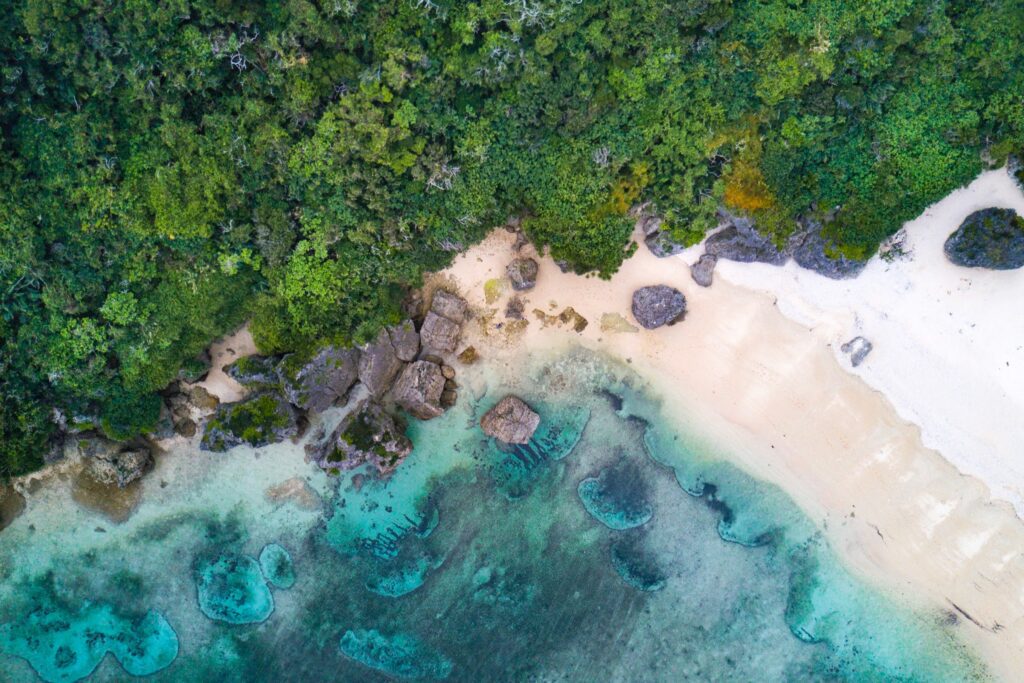
The Digital Nomad Visa (DNV): Key Details
Under the Sri Lanka ‘s Digital Nomad Visa program, applicants are required to demonstrate a minimum monthly income of $2,000, with the income being routed through the Sri Lankan banking system. This visa is initially valid for one year and can be renewed annually, contingent upon the certification of the requisite funds. The application fee for the DNV is set at $500, and what is more interesting is it also extends to cover the visa holder’s spouse and dependents. Stay tuned with us for more updates on the Digital Nomad Visa processes in Sri Lanka.
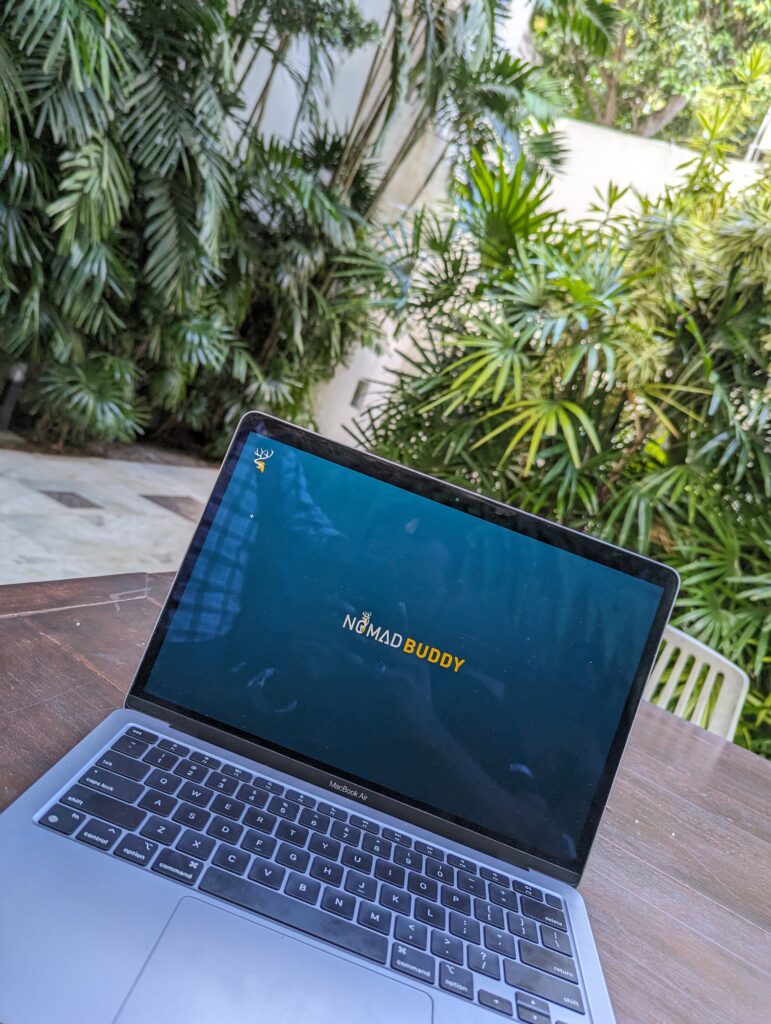
A Global Trend: Digital Nomad Visas Worldwide
Sri Lanka’s decision to introduce the Digital Nomad Visa aligns with a global trend seen in various countries worldwide. Many nations have recognized the value of attracting remote workers and freelancers to stimulate their tourism sectors and diversify their economic portfolios. Here are some examples:
- Germany: Offers a freelance visa tailored for self-employed individuals.
- Malaysia: Has its “DE Rantau Nomad Pass,” which also mandates a monthly income of $2,000.
- New Zealand: Offers a “Working Holiday Visa,” requiring proof of $2,700 in funds.
- Norway: Provides a Digital Nomad Visa spanning two years, with a monthly income requirement of $3,140.
- Portugal: Initially valid for one year and extendable up to four years, with a monthly income requirement of $2,950.
- Spain: Requires a monthly income of $2,215 for its Digital Nomad Visa.
Additionally, countries such as Thailand, the United Arab Emirates, Taiwan, Seychelles, Romania, Saint Lucia, Panama, Montserrat, Namibia, Mexico, Mauritius, Malta, Latvia, Iceland, Grenada, and Hungary have introduced similar programs to attract remote workers and digital nomads.
Strategic Approach to Economic Stability
The visionary move to introduce the Digital Nomad Visa was proposed and secured Cabinet approval by Minister of Public Security Tiran Alles. This initiative is set to harness the economic contributions of remote workers and digital nomads, which can boost the country’s foreign exchange reserves and overall economy.
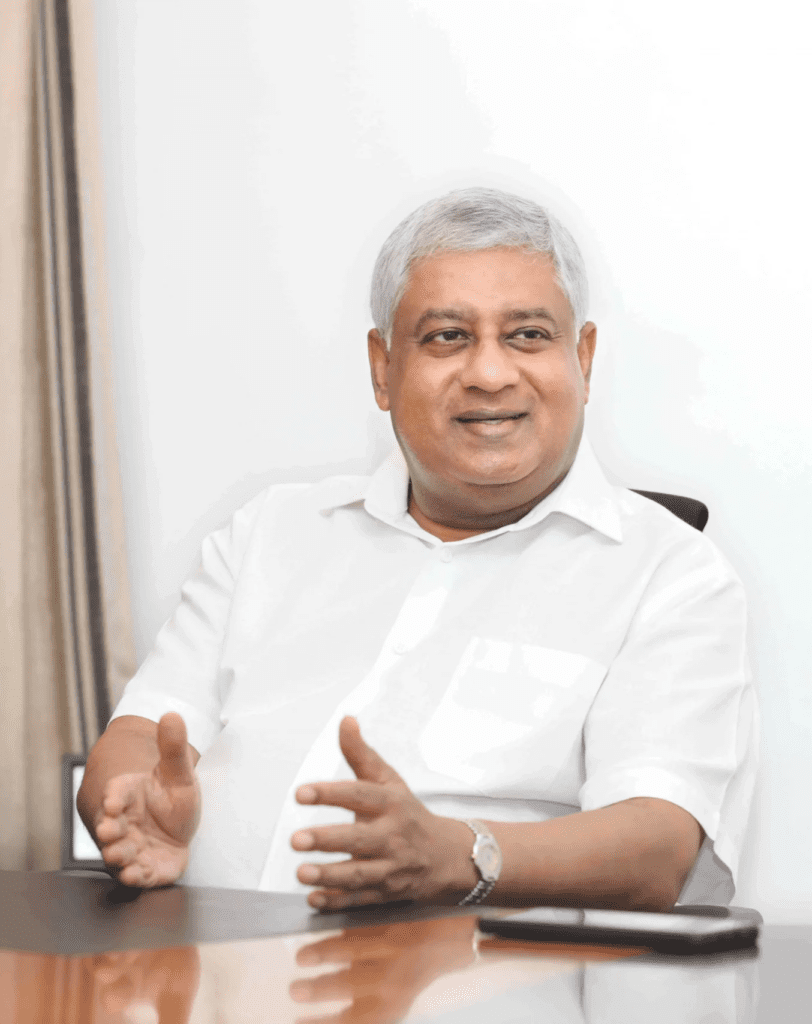
By proactively promoting initiatives like the Digital Nomad Visa, Sri Lanka is positioning itself as an enticing destination for remote workers, freelancers, and digital nomads. This strategic approach helps diversify revenue streams, reducing vulnerability to external economic fluctuations and contributing to long-term economic stability.
In conclusion, Sri Lanka’s Digital Nomad Visa is a bold step toward a brighter future for the country’s tourism sector and its economy as a whole. As the world continues to embrace remote work, Sri Lanka’s natural beauty, rich culture, and warm hospitality make it an attractive destination for those seeking a balance between work and leisure. The DNV not only opens doors for digital nomads but also positions Sri Lanka as a forward-thinking and innovative nation, ready to welcome a new wave of travelers and contributors to its growth.

